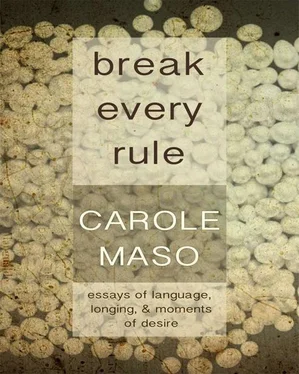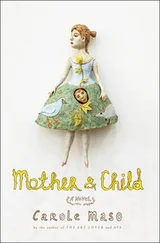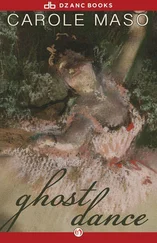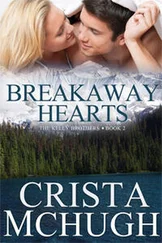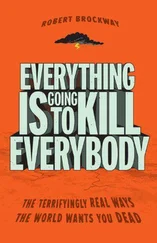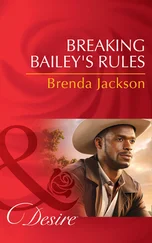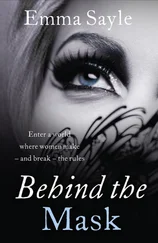In the strangeness of that emptying, then empty space, odd things came to the fore or swirled around that weird vortex I tried to fill up with nonsense, odd fragments of memory, with games from childhood (You are as light as a feather/As stiff as a board), hurtful games (she loves you not), with grand pronouncements, lies, small intimacies, with playfulness (violet-breasted, Poodle Basket), and other linguistic hijinks (She lifts her hips to her thirst and vice versa).
I have wanted a little of the way lovers sound, their sputterings, their hopeless stutterings, their confessions, what is most precious to them, the specific ways they are intimate — their ability to answer questions that have not been asked (“a lot of practice”). The direct plea asserting itself, the interruptions, the intervention of thought with sensation. This sentence from “Exquisite Hour” starts as a meditation and ends as a kind of urgent instruction: “The effect of key don’t change it.” I have played with changes in tense within a paragraph and sometimes within a sentence in order to capture that warped sense of time. I have worked with imprecision and with abstraction in order to mimic the varying tempos of perception, consciousness, lucidity as we sometimes near the sacred. A slow coming to marks the beginning of “Anju flying.” Sleep and sex-drugged, dream-ridden, the images are kept deliberately fuzzy or vague as they come and go into focus.
There are point-of-view changes within paragraphs and sometimes sentences. Quick shifts in subject occur, as invariably one lover will call up a past love or experience, or fantasy will intermingle with reality, disrupting the more usual ways of thinking. The enlargement of a small detail which results in the loss of the whole, the blurring of the greater picture, the strange erasures of self, of place, and that other thing — is that you snow ghost? — which remains. Changes in perspective. How small and how far off the world seems all of a sudden. The trees like smoke… The attendant sadnesses, insights, dizziness, revelations. I’ve become more and more interested in trying to near the most ambiguous and ephemeral and fleeting states—“Anju giggling hope elusive stay awhile.”
I have experimented with using language at a slight remove from its literal meaning — setting words free to act on each other in different ways. I have delighted in the pleasuring of the image by repetition or recurrence: “good girl’s knot.” The reiteration of the odd phrase (“some jumper cables”) that asserts itself and floats, existing mysteriously and autonomously in a text or above a bed. “In the liminal space.” The image culled from hallucination: “a line of girls in communion clothes.” The trust in the outlandish or off image. The creation of a place for “ovoid, opalescent, lunate,” in these pages. Such words stay with me much in the same way sensation remains in my body long after the lover has departed. The prolonged pleasure of language. “Clavicle” or “striped shirt” will set me to shudder long after because of the mark it’s made on the mind. “Bleary chalice.” I may relive this language experience later—“the way the lip clings…”
I’ve tried to work closely with sound: the texture and friction of dissonance, the lull, the consolations of rhyme — or the sinister and constraining qualities of rhyme in a piece like “Dreaming Steven.” The derangement of syntax — to get closer to that tumult and disarray and disorientation. One of the greatest pleasures so far has been exploring the sexual energy of the sentence: “As bleary, delirious, the sound of bells, they make their way to the end of the long beach and sentence, far.” I have begun to feel the erotic surge of the phrase, and have started to think more and more about how those insistences and urgencies might dictate the shape of a line. Poets, of course, are quite adept at such things, but it has taken me, the prose writer, a long time to get here. I love the ability to create new logics, a logic of passion, a logic of the body dramatized by where the line breaks, or the paragraph, a logic of passion created in the caesuras, in the gaps, where unexpected tensions or emphases can produce effects which are, to me at any rate, quite startling. A physical gathering of linguistic force might send the reader upward where finally all the pressure is brought to bear on an unlikely and startling word or phrase. Sounds pretty sexy, don’t you think? Faltering, one stumbles perhaps, regains a kind of equilibrium and in the process enters a different realm. A realm where physical actions replace, or erase, thought (“downward stroke”). In an attempt to capture some of these swells I’ve tried to begin using punctuation to syncopate, much like a jazz musician, confident in her craft, conversant, in the hopes of bringing new pressures to bear, and also new places of release — so that a piece might tremble or shimmer or languish, surprise. I have wanted to reclaim punctuation from the prose writers a little. Liberate it, and myself. Have it make sense again. When the last double periods are placed on the lightkeeper’s last matins I want to try to feel that finality, that force. To understand that there may be an instance where the parenthesis can never close. I want one day to get that right — to feel that vulnerable on the page, that bed of language, that world. Use of the upper and lower case too are meant to try to capture erotic surges, the press of the sexual, or the flow of emotion. The sentence staggered, breathless, lapsed or desperate. The sentence insistent or lingering. The sentence reinvented — dear Gertrude. The sentence as incantation.
As for the larger motions within the pieces, desire has been the inspiration and guide there as well. Many attempts have been made to try and get closer to that yearning, that longing through narrative decisions. In “Sappho Sings” I have tried to ride the crests and swells of delirious language-making, the excess of it, the surfeit of language, visions, ideas, wishes. To simply get lost in the sensuousness of language, just to enjoy it, feel it in one’s mouth — to relish its gorgeousness. Insatiable. To enjoy the fluidity of one getting lost in the other. I have tried to stay near to the kinds of audacities and recklessness and strange rigors that desire creates — the dizziness. As if hurling myself off a precipice. In “Exquisite Hour” waywardness, disorientation becomes the narrative imperative. I am extremely interested in the incoherencies of desire, and this piece is incoherent, it wanders off — going far afield, shifting point of view and place without preparation. Images are strange and heightened; lines drop off or melt into one another to produce a lapsed, dissipated quality. There is an eerie and for me heartbreaking holding on and letting go simultaneously. I stumble here in this blizzard of language and narrative unable to know exactly what’s going on in the blur—“Is that you snow ghost? Is that you candy gram? Strange visitations.” This I am certain of: desire does not make a well-made short story. It makes you rethink closure, that’s for sure.
In “Dreaming Steven” erotic fantasy informs the motions. Quick changes of position: physical position, language positions, positions of the mind are the given. The constant need for novelty, replacement, substitution, multiplicity, simultaneity, the desperate lust for more or different images, the loopy, idiosyncratic needs: “fish in their mouths.” The dark hilarity I have only begun to explore that often inadvertently exists in sexual fantasy. The elaborate and often comedic stagings in the theater of the mind. The artifice: the props, the funny colored lights, the costumes, the makeup. The flirtations with death, the jovial rehearsals for it — its seductive proximity and our desire for it. The thousand resurrections and reinventions. The demented jingles — its sweet, sweet music. Replenishments. Reinforcements. The refreshment. The courage afforded.
Читать дальше
